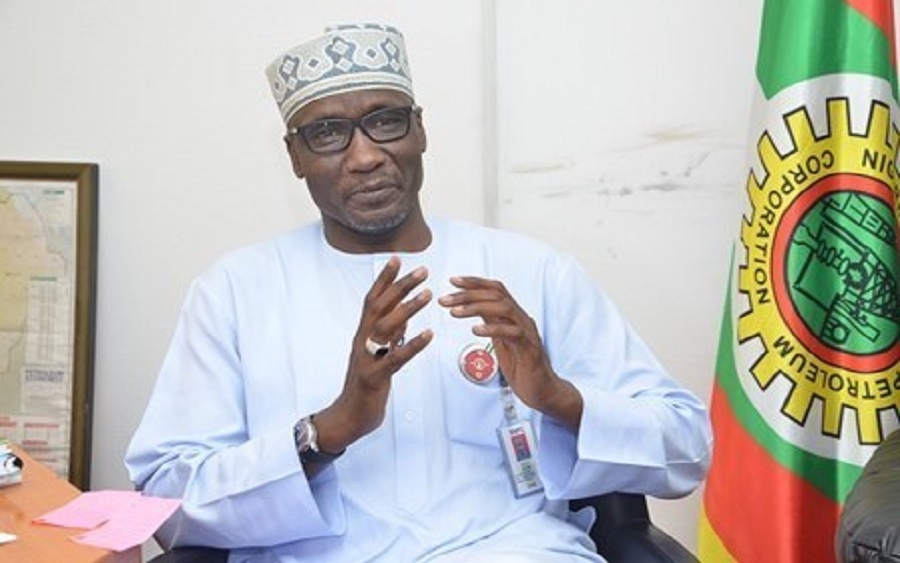- The Nigerian government, after removing fuel subsidies is promoting the strategic implementation of the Cassava Bioethanol project to drive economic transformation and sustainable growth.
- Regional awareness and sensitization workshops will be conducted across Nigeria’s six geographical zones, beginning with the South East region, to create awareness and foster employment, industrial growth, and enhanced food availability.
- The initiative aligns with the government’s commitment to achieving national development goals, ensuring food security, and meeting the Sustainable Development Goals (SDGs) by 2030, while also reinforcing the implementation of the National Development Plan (NDP) and Nigeria Agenda 2050.
President Bola Tinubu, the Nigerian government is taking further steps to boost economic productivity following the removal of fuel subsidies.
One of these initiatives involves the upcoming launch of regional awareness and sensitization workshops, aimed at strategically implementing the Cassava Bioethanol project.
According to Nebeolisa Anako, the Permanent Secretary of the Ministry of Budget and National Planning, the workshops will be conducted across the country’s six geographical zones, with the South East region, specifically Enugu State, being the first to host the program.
Objective
The objective behind this initiative is to reinforce the government’s commitment to achieving key national goals, such as enhancing food nutrition, promoting agriculture, ensuring food security, and working towards the Sustainable Development Goals (SDGs) by 2030.
Anako emphasized that the current administration is resolute in its dedication to reforming Nigeria’s economy, aligning with the National Development Plan (NDP) for 2021-2025, and the ambitious Nigeria Agenda 2050. Notably, significant strides have already been taken to revive the economy, including the removal of fuel subsidies and the streamlining of exchange rate mechanisms, he said:
- “The new administration is intent on reforming Nigeria’s economy to attain the country’s development target as encapsulated in the National Development Plan (NDP) 2021-2025, and Nigeria Agenda 2050.
- “ Bold steps have also been taken toward economic rejuvenation including the removal of fuel subsidy, and convergence of exchange rate windows.
- “ On this score, this week we are commencing zonal sensitisation workshops in each geo-political zone on the development of this area, starting with Cassava bio-ethanol Value Chain.”
Workshop
Regarding the upcoming workshops, Anako highlighted the inaugural focus on the Cassava bioethanol value chain, which would stimulate industrial growth, and enhance food production and availability across the nation.
- “The aim is to create employment and grow Nigeria’s industry and food availability”
What you should know
Ethanol is a biofuel processed from starchy crops like Maize and Cassava and can be used as biofuel mainly in Brazil and the United States.
In 2020, under the Buhari administration, The Nigerian National Petroleum Corporation (NNPC) cultivated 2,675 hectares of cassava plantations for the processing of bioethanol in Kebbi state.
In 2017, NNPC signed an MoU with Kebbi state to cultivate 20,000 hectares of cassava and sugarcane in the Kanya district of the Zuru emirate of Kebbi for biofuel production.
The scheme was announced as a joint project between Kebbi State and NNPC which was jointly financed to the tune of N500 Million each, and 5,000 hectares of land was acquired for biofuel production.
The state government was required to provide up to 20,000 hectares for the scheme with NNPC for cassava and sugarcane, while the NNPC handles the other productions.
















I have a cassava farm on 20 Plots of land at Emete farm in obinagu udi, Enugu, I’m interested in knowing if my farm can be considered. You may contact me via email